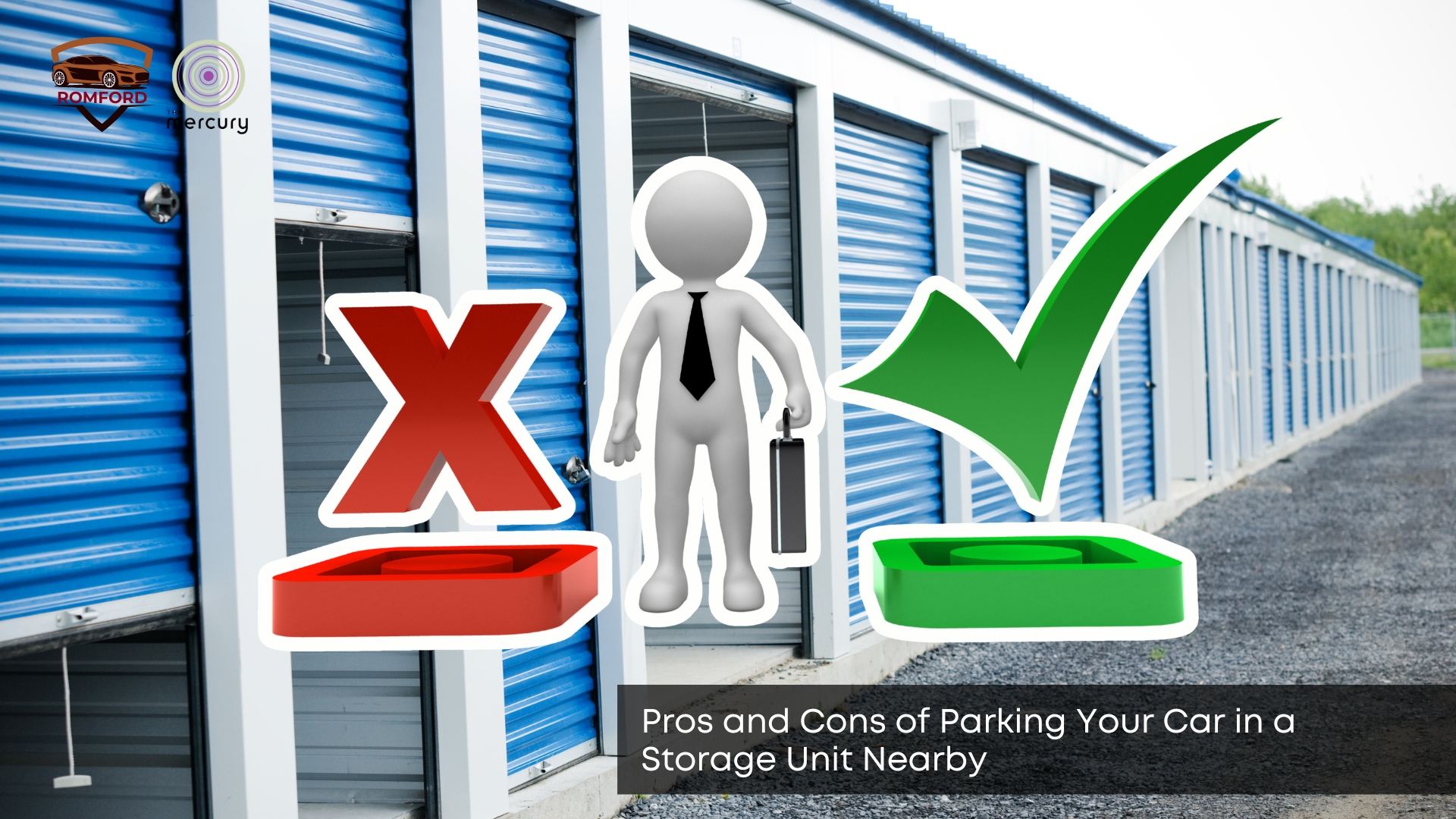More drivers across the UK are turning to storage units as a practical parking solution when traditional spaces fall short. Whether you’re short on driveway space or planning to leave your vehicle unused for a while, storage units offer an alternative that’s gaining popularity quickly. But just like any parking option, it comes with its upsides and drawbacks. Before booking a space, it’s worth considering both sides to determine if it suits your needs and lifestyle.
Why Are People Using Storage Units for Parking Their Cars?
Many people park in storage units because they offer extra security and weather protection. These units are often locked, monitored, and shielded from rain or snow — unlike street or open car park options. For those storing classic cars or going abroad, they offer peace of mind. Storage units also help free up space at home, especially in crowded city areas. But beyond security, there are practical features that stand out too.
What Are the Main Benefits of Storage Unit Parking?
The biggest advantage is protection from theft, damage, and bad weather. You won’t have to scrape ice in winter or worry about sun damage in summer. It also keeps your car out of view from potential thieves or vandals. Many units offer 24/7 access, allowing you to come and go as needed. These benefits are appealing, but only when matched by convenience and cost.
Can It Save You Money Compared to Traditional Parking?
Yes, in some cases it can be cheaper, especially for long-term parking. If you need to leave a vehicle unused for weeks or months, storage units often offer monthly rates that are lower than those of city centre car parks. They can also save you from unexpected fines, weather-related damage, or vandalism repair costs. Still, pricing varies depending on location and unit type. And the question of convenience soon follows.
Are Storage Units Convenient for Daily Use?
Not always are storage units ideal for occasional use, but they are even less so for everyday parking. Many are located on the outskirts of towns or in business zones, which may be a hassle for commuters. Some may also have fixed hours or limited gate access. Also, Mmre facilities now cater directly to vehicle storage. If that seems excessive, you can still explore secure places to park around Romford that meet your needs without locking your car away entirely. This means your schedule needs to match theirs, which isn’t always ideal. That lack of daily flexibility is where storage can fall short.
What Are the Downsides of Parking in a Storage Unit?
Downsides include limited access hours, travel time to the facility, and possible insurance limitations. If the unit is far from home or work, regular use becomes impractical. Additionally, not all insurance policies automatically cover vehicles in off-site storage, so it’s essential to check or adjust your policy accordingly. These factors make it less suitable for those who drive frequently. Thinking ahead about how often you’ll need your car is key before choosing this option.
When Is It a Good Idea to Use a Storage Unit?
A storage unit makes sense if you’re leaving the country, storing a seasonal vehicle, or safeguarding a high-value car. It’s also great for people with limited home parking or who want a space that doubles as car protection. You gain peace of mind without paying city centre car park prices. Still, it’s not a one-size-fits-all solution, and it helps to cit’sphelpfulith other avit ailable options nearby.
Is It Better Than Leaving Your Car on the Street?
Yes and no; parking on the street is free and flexible, but it carries risks. Your car is exposed to theft, dents, and weather damage. Storage units remove these risks but come with added cost and reduced access. If your car is rarely used, a unit is likely safer and more cost-effective in the long run. For those balancing value and security, knowing how to evaluate local offers helps make the right call. If street parking still feels risky, it’s worth comparing trusted Romford car park options before committing to long-term storage.
What Should You Check Before Renting a Unit?
Always check access times, security features, contract terms, and insurance rules. Look for CCTV, gated entry, and moisture control if storing long-term. Read the fine print on cancellations and late payments. You should also ask if the unit is vehicle-friendly, not all storage spaces allow car parking. Making these checks early prevents surprises later and helps you feel confident in your choice.
Will Storage Parking Grow in Popularity?
Yes, as parking spaces become increasingly difficult to find and people seek flexible options, storage units are gaining popularity. With car ownership on the rise and city spaces shrinking, demand for secure, off-street parking solutions is likely to grow. More facilities now cater directly to vehicle storage. As technology improves, expect easier access and more efficient booking systems. But what does this all mean for your next parking decision?
Should You Park Your Car in a Storage Unit?
Parking your car in a storage unit nearby can offer excellent protection and value, especially for long-term or infrequent use. It’s a great choice for keeping your vehicle safe from damage and theft, but less practical for daily commuters. Weighing the pros and cons based on how you use your car is the key to making it work for you. And in today’s tight parking landscape, even a less common option could turn out to be the perfect fit. If you’re unsure, start by choosing a parking kit that suits your space so your parking style supports any option you choose.


Leave a Reply